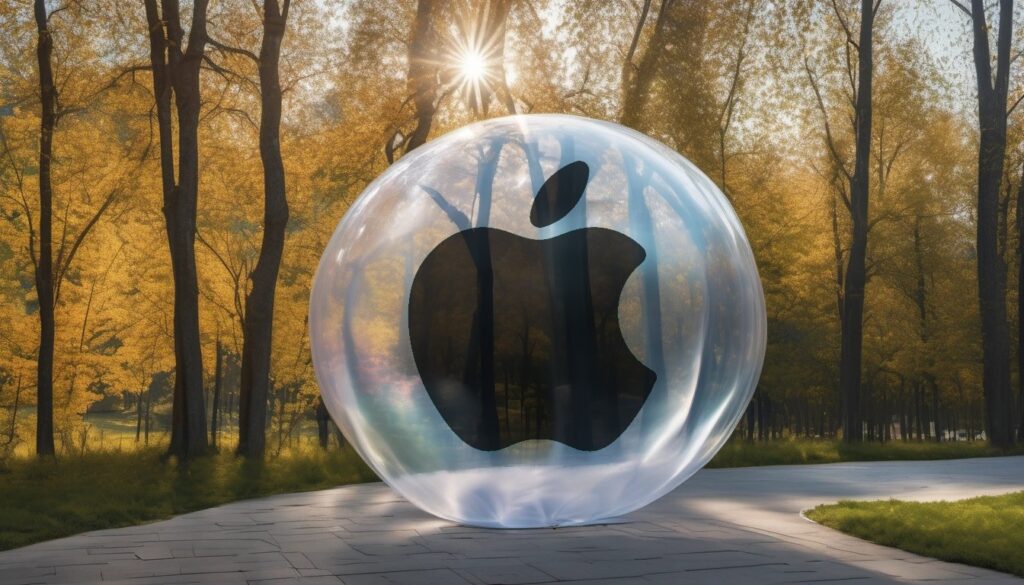CCPA claim against Apple thrown out on Section 230 grounds
internetcases » cases 2024-03-28

Plaintiffs sued Apple after downloading a malicious app from the App Store. The claims included violation of the Computer Fraud and Abuse Act (“CFAA”), the Electronic Communications Privacy Act (“ECPA”), and the California Consumer Privacy Act (“CCPA). (Alphabet soup, anyone?)
The lower court granted Apple’s motion to dismiss these claims. Plaintiffs sought review with the Ninth Circuit Court of Appeals. On appeal, the court held that the lower court properly applied Section 230 immunity to dismiss these claims.
What Section 230 does
Section 230 (47 U.S.C. § 230) instructs that “[n]o provider or user of an interactive computer service shall be treated as the publisher or speaker of any information provided by another information content provider.” A defendant is not liable if it can show that (1) it is a provider of “interactive computer services” as defined by the statute, (2) the claim relates to “information provided by another content provider,” and (3) the claim seeks to hold defendant liable as the “publisher or speaker” of that information.
Why the CFAA and ECPA claims were dismissed
In this case, concerning the CFAA and ECPA claims, the court looked to Barnes v. Yahoo!, Inc., 570 F.3d 1096 (9th Cir. 2009) and concluded that the lower court properly found Section 230 immunity to apply. The duty that plaintiffs alleged Apple violated derived from Apple’s status or conduct as a “publisher or speaker.” It found that the claims referred, as the basis for culpability, to Apple’s authorization, monitoring, or failure to remove the offending app from the App Store. “Because these are quintessential “publication decisions” under Barnes, 570 F.3d at 1105, liability is barred by section 230(c)(1).”
Section 230 knocked out CCPA claim too
The data privacy count included allegations that Apple violated duties to “implement reasonable security procedures and practices” to protect the personal information of App Store users, in violation of Cal. Civ. Code § 1798.100(e). The court said that it need not decide whether violations of such duties can be boiled down to publication activities in every instance or whether implementation of reasonable security policies and practices would always necessarily require an internet company to monitor third-party content. Citing to Lemmon v. Snap, Inc., 995 F.3d 1085 (9th Cir. 2021) the court found that in this case, at least, plaintiffs failed to plead adequately a theory of injury under CCPA that was “fully independent of [Apple’s] role in monitoring or publishing third-party content.”
Diep v. Apple, Inc., 2024 WL 1299995 (9th Cir. March 27, 2024)